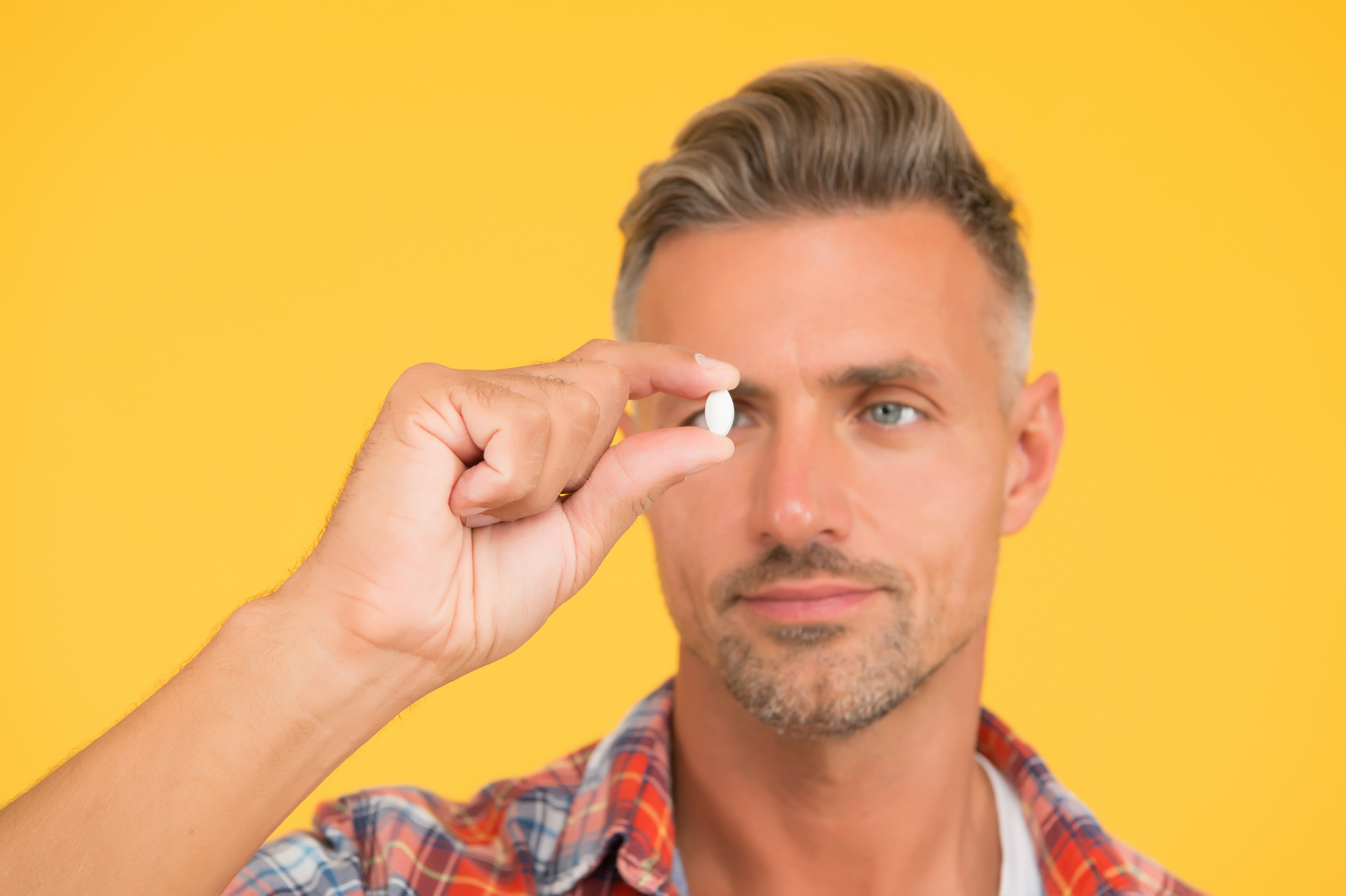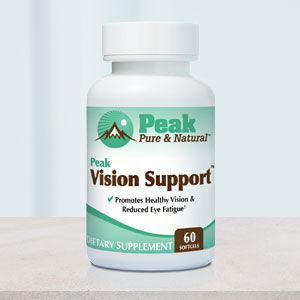Get Easy Health Digest™ in your inbox and don’t miss a thing when you subscribe today. Plus, get the free bonus report, Mother Nature’s Tips, Tricks and Remedies for Cholesterol, Blood Pressure & Blood Sugar as my way of saying welcome to the community!
4 head-to-toe benefits of lutein beyond your eyes

Lutein is most familiar to us as the “eye vitamin.”
This nutrient that’s abundant in many healthy foods, including dark green leafy vegetables and eggs, is a powerful antioxidant well known for reducing the risk of eye diseases like age-related macular degeneration and diabetic retinopathy.
But keeping your eyes healthy is far from the only good reason to supply ample amounts of lutein to your entire body.
Here are four more head-to-toe health benefits of this “eye vitamin.”
Lutein’s effects beyond eye health
Slows cognitive decline. Lutein is a nutrient that accumulates in the brain, and studies have demonstrated that maintaining optimal levels of lutein in the brain keeps you cognitively young.
In one study, researchers measured brain activity while performing tasks requiring attention and concentration.
They found that older people with higher levels of lutein had brain activity that was “younger” than that of their peers who carried less lutein.
Switches off stress. As lutein builds up in the brain, its anti-inflammatory properties work to keep the stress hormone cortisol under control.
In one study, healthy adults were given a daily lutein supplement of either 13mg or 27mg. After just six months, their cortisol levels were reduced, and they experienced improvements in psychological stress and overall emotional and physical health.
Guards heart health. A diet rich in lutein is associated with better heart health.
One study found that patients with higher lutein levels showed a reduction in interleukin-6 (IL-6). This pro-inflammatory protein is a strong predictor of heart attack and stroke, especially in older adults.
Healthier aging. Dr. Bruce Ames is one of the utmost authorities on nutrition and healthy aging, with a career that has spanned seven decades. He has researched how certain nutritional deficiencies impact healthy aging and the illnesses that can be associated. He lists the carotenoid family, of which lutein is a member, among those most important to healthy aging and longevity.
Getting more lutein in your diet
Now that you know how much lutein can do for your health, you’ll want to make sure you get more of it, right?
Lutein is a nutrient that the body can’t make on its own, so you have to get it from the foods you eat or through supplements.
The good news is that it’s not hard to find this powerful nutrient in foods you’re hopefully already eating to maintain your health:
- Dark green and leafy vegetables (kale, spinach, collard greens, broccoli, and Brussels sprouts, to name just a few)
- Parsley
- Eggs
- Red grapes
- Winter squash
- Yellow sweet corn
- Pumpkin
- Sweet potatoes
- Asparagus
- Carrots
Here are a few easy recipes to help get you started!
Slow cooker butternut squash and chickpea curry
5 smoothie recipes to fuel a disease-free body
Honey and cinnamon roasted sweet potatoes
Editor’s note: While you’re doing all the right things to protect your brain as you age, make sure you don’t make the mistake 38 million Americans do every day — by taking a drug that robs them of an essential brain nutrient! Click here to discover the truth about the Cholesterol Super-Brain!
Sources:
Myth Buster: Lutein Only Benefits Your Eyes — Memory Health
A possible role for lutein and zeaxanthin in cognitive function in the elderly — The American Journal of Clinical Nutrition
Staving off dementia when you have mild cognitive impairment — Harvard Medical School
Lutein, found in leafy greens, may counter cognitive aging — Science Daily
Supplementation with macular carotenoids reduces psychological stress, serum cortisol, and sub-optimal symptoms of physical and emotional health in young adults — Nutritional Neuroscience
Lutein exerts anti-inflammatory effects in patients with coronary artery disease — Atherosclerosis














